Academic Workers of the World, Unite! How to Internationalize Research in the Digital Era
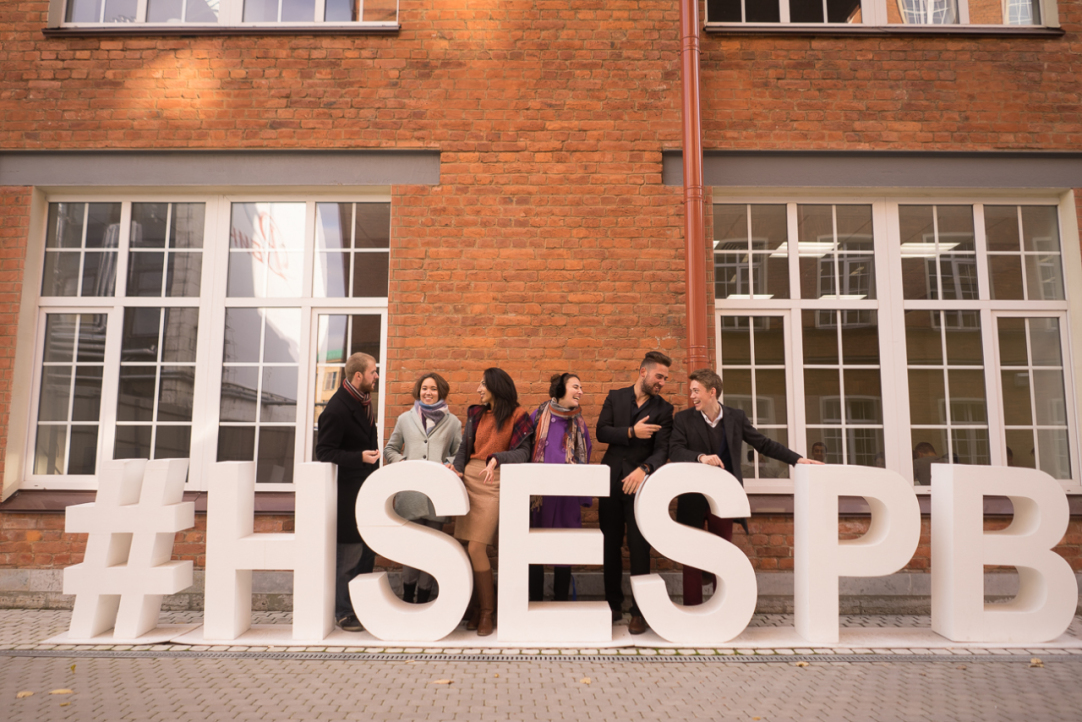
What has been the impact of the pandemic on the international relations of universities? Who should manage the internationalization of research at universities? Can a local university influence the global academic agenda? Participants of the round table ‘Internationalization of Research in Digital Reality’, which took place on March 30, sought to answer these and other questions. The event was organized by HSE University - St. Petersburg.
Over 70 representatives of 50 universities from four countries gathered at the round table organized by the Centre for Research Management and Academic Development and the Laboratory for Reputation Management in Education at HSE – St. Petersburg. The participants discussed what the internationalization of research is, how it is changing in the new digital reality, and how to integrate universities into the global academic agenda.
At the beginning of the event, Magdalena Gaete, senior research fellow at the HSE Laboratory of Educational Economics in St. Petersburg, researcher at the Center for University Governance and Reputation, University of Navarra, said that the topic of internationalization of research is particularly relevant in the contemporary global context.
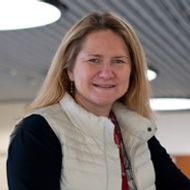
Magdalena Gaete
‘Today, we as representatives of academia and higher education, on the one hand, must unite with colleagues in different countries and help the world community cope with the consequences of the pandemic. On the other hand, we are witnessing another wave of the so-called “outflow of globalization”, which, as experts predict, will last at least four years.’.
According to Ms. Gaete, in these conditions, issues of international academic cooperation are becoming particularly relevant.
View from Abroad: Virtual Image and Export of Education
Marina Skiba, Rector of the Financial Academy in Nur-Sultan (Kazakhstan), drawing upon the experience of the Financial Academy, discussed the ways in which international academic cooperation is changing today and how online instruction has introduced new concepts to the educational sphere.
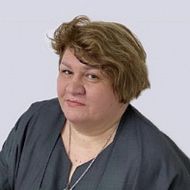
Marina Skiba
‘We maintain social distance in real life, but at the same time, we are beginning to closely communicate in the digital reality. Our university has never had so many guest lectures in our academic programmes as this year. It has been an incentive for us to unite and exchange developments; in a good sense, we have become greedy for change, communications, and meetings. But there is another new aspect with which not everyone is happy: we have begun to have virtual personas.’
Rector Skiba emphasized that in the new reality, it is impossible to completely detach the personal ‘I’ from that of the university professional and scholar.
‘We need to balance our building of this persona. While in real life, we leave the university building and are simply ourselves, in virtual reality it is different: wherever we are, our organization’s reputation always consists of its members’ reputations.’
Marina Skiba also noted that the digitalization of education has brought not only new problems, but opportunities for internationalization. ‘The main thing we have to do now is to develop our university not only as a real-life, but as a digital phenomenon. We have to clearly state our values and commitment, since values become very clear in the digital environment (whether we are transparent, student-oriented, etc.),’ she said.
Karina Yanson, lecturer at Turiba University (Latvia), spoke about the Latvian policy of educational export. In particular, she said that the Ministry of Education and Science of Latvia does not make centralized efforts to organize the export of education and promote universities to foreign markets. ‘It relies on the universities themselves, which carry out direct marketing. One of the best practices is the so-called agreement on attracting foreign students,’ she explained. ‘It is needed for the Ministry to ensure the quality of services provided and maintain the overall reputation of the country's academic and educational image. Universities sign this agreement with the Ministry; they endeavour to maintain a certain level of service for international students. In exchange, universities have the opportunity to participate in state support programmes: exhibitions, scholarships for international students, etc.
Russian Reality: International Students at Universities and New Digital Practices
Experts from leading universities discussed the situation with the internationalization of research and higher education in Russia. Adu Yao Nikez, associate professor at RUDN University and president of the Association of International Students in Russia, spoke about how the transition to online learning has impacted Russian universities.
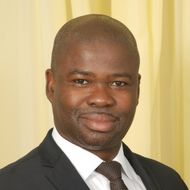
Adu Yao Nikez
‘Despite all the difficulties of the pandemic, Russian education coped with its tasks well as compared to colleagues from other countries. COVID-19 turned out to be not only a problem, but it also had a positive effect on the system, as it led to an increased interest in the digitalization of education.’
When an audience member asked, about what Russian universities should do to attract more students to master’s and doctoral programmes, Professor Nikez replied, ‘I think that the student outreach policies that are in place to attract students should be re-visited: grants should be offered not by universities locally, but by the state.’
Irina Shchemeleva, Dean of the HSE School of Arts and Humanities in St. Petersburg, shared the School’s experience with promoting itself to international master’s and doctoral students during the pandemic.
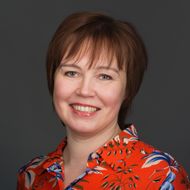
Irina Shchemeleva
‘One of our new projects is Global Outreach. Instead of traditional programme presentations, we ask our teachers to deliver lectures, in order to demonstrate the level (and research) of our master’s programmes: this is a way to use programme curricula to promote master’s programmes through lectures by leading scholars who teach there.’
This year, representatives of HSE University – St. Petersburg joined the university-wide project, Study Tour Experience. ‘We give everyone the opportunity to be HSE students for a week: they can attend real lectures by real lecturers,’ Irina Shchemeleva explained. ’30 students from 13 countries have already participated in our part of the project.’
Magdalena Gaete discussed the case of the University of Navarra and the 2025 sustainable development strategy. She said that ‘at the digital level, universities are facing the challenge of differentiation, which forces them to make explicitly clear what really makes them attractive for future students and researchers from other universities.’
Marina Makhotaeva, Director of the Centre for Research Management and Academic Development, said in her presentation that master’s and doctoral programmes are a common problem for Russian universities who want to reach out to international students.
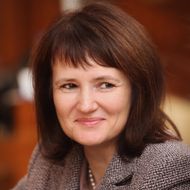
Marina Makhotaeva
‘Analysis of Russian practice proves that the share of international master’s and doctoral students is small compared to that of undergraduate students. In addition, our universities have almost no international communication of their academic potential. Leading international scholars who work in Russia are poorly integrated into the university culture. The experience of international universities demonstrates that the organization of international academic cooperation and online academic internationalization becomes a responsibility of academic administrators.’
In her presentation, Marina Makhotaeva therefore posed the question of who should manage internationalization at universities and how, as well as how internal administrative processes should be organized. ‘All universities manage academic activities, but it is usually done by administrators and research managers who are rarely involved in internationalization and the positioning of the university’s academic brand. At the same time, almost all universities perform management of international activities, but international departments are rarely involved in academic internationalization. And of course, universities manage their marketing and PR, while this work is often focused on national and local positioning, and university promotion remains within these limited borders.’
The issue of academic brand positioning for universities in the digital reality was discussed by Olga Bakumenko, Leading Analyst at the HSE Centre for Research Management and Academic Development and expert in international and digital marketing of universities. She presented the results of a study of the digital academic branding of universities in various countries and mentioned that Russian leading universities perfectly promote their academic brands on their websites and pay very little attention to their brand identity and university culture.
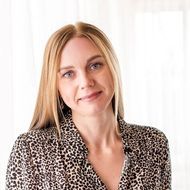
Olga Bakumenko
‘As compared to our international competitors, we talk too little about our scholars and the academic community, our academic values and priorities; we also rarely promote the our social responsibility and our academic contributions to overcoming the consequences of the pandemic.’
Olga Bakumenko said that if Russian universities want to develop international academic cooperation, to attract international researchers, to enroll talented students in master’s and doctoral programmes, and to be attractive for international partners and organizations, it is important to promote trust in the academic brand by entering into dialogue with the international academic community.
At the end of the event, the organizers invited all participants to further cooperation and announced that HSE University – St. Petersburg is going to become a platform for discussing issues of academic internationalization.
